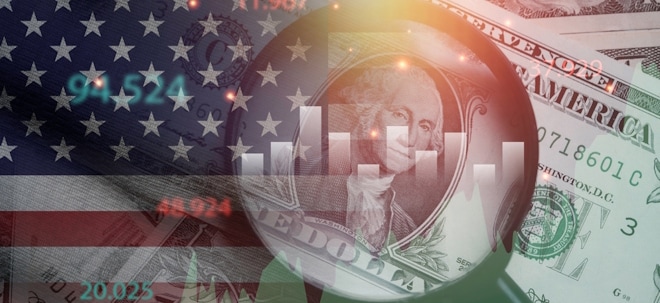| Kurse + Charts + Realtime | News + Analysen | Fundamental | Unternehmen | zugeh. Wertpapiere | Aktion | |
|---|---|---|---|---|---|---|
| Kurs + Chart | Chart (gross) | News + Adhoc | Bilanz/GuV | Termine | Strukturierte Produkte | Portfolio |
| Times + Sales | Chartvergleich | Analysen | Schätzungen | Profil | Trading-Depot | Watchlist |
| Börsenplätze | Realtime Push | Kursziele | Dividende/GV | |||
| Historisch | Analysen | |||||
|
21.05.2025 16:00:55
|
AI tool claims 97% efficacy in preventing ‘address poisoning’ attacks
Nachrichten zu Ai Holdings Corp
„Silber schlägt Gold?“ – Der geheime Favorit 2025! mit Prof. Dr. Torsten Dennin
💥 Silber 2025: Das unterschätzte Investment?
Im heutigen BX Swiss TV Experteninterview spricht Prof. Dr. Torsten Dennin (CIO der Asset Management Switzerland AG) darüber, warum Silber aktuell das vielleicht spannendste Rohstoff-Investment überhaupt ist.
Gemeinsam mit Olivia Hähnel (BX Swiss) beantwortet er folgende Fragen:
👉 Ist Silber der neue Geheimfavorit gegenüber Gold?
👉 Welche Rolle spielt der Boom bei Solar und Hightech für die Preisentwicklung?
👉 Und wie kann man als Anleger konkret profitieren – mit welchen Chancen und Risiken?
🔍 Das erwartet euch im Interview:
◽ Aktuelle Marktsituation und Hintergründe zum Silberpreis
◽ Gold vs. Silber: Unterschiede & Investmentpotenzial
◽ Industrielle Treiber: Solar, Energiewende, Zukunftstechnologien
◽ Angebot, Nachfrage & Lagerbestände: Warum der Markt im Defizit ist
◽ Investieren in Silber: physisch, ETFs, Zertifikate, Minenaktien
◽ Chancen & Risiken von Explorationsunternehmen vs. Produzenten
◽ Strategien für sicherheitsorientierte Anleger
◽ Prognose: 45–50 USD – oder mehr?
👉🏽 Jetzt auch auf BXplus anmelden und von exklusiven Inhalten rund um Investment & Trading profitieren!
Inside Trading & Investment
Mini-Futures auf SMI
Inside Fonds
Meistgelesene Nachrichten
Top-Rankings
Börse aktuell - Live Ticker
Eskalation im Nahen Osten verunsichert Anleger: SMI baut Verlusten ab-- DAX mit überschaubarem Abschlägen -- Asiens Börsen mehrheitlich etwas höherAm heimischen Aktienmarkt sind die zunächst deutlicheren Startverluste deutlich geschrumpft. Auch am deutschen Aktienmarkt zeigen sich Anleger vorsichtig, das Minus wird aber kleiner. In Asien wird die Stimmung im Handelsverlauf mehrheitlich besser.
finanzen.net News
| Datum | Titel |
|---|---|
|
{{ARTIKEL.NEWS.HEAD.DATUM | date : "HH:mm" }}
|
{{ARTIKEL.NEWS.BODY.TITEL}} |




